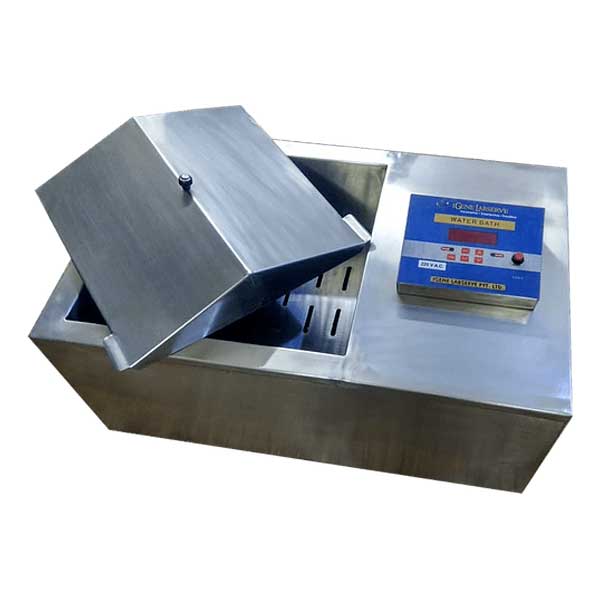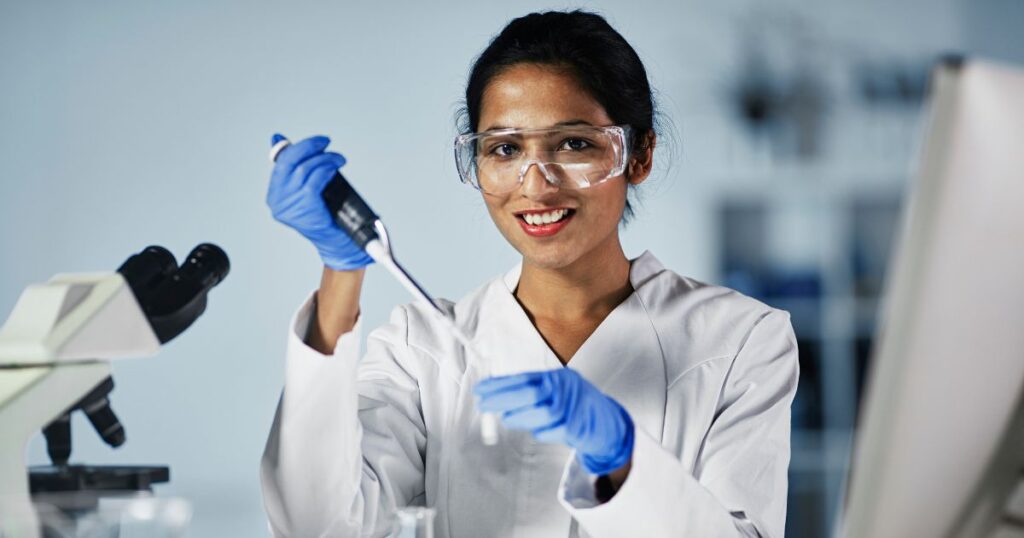Understanding your laboratory instruments is not an easy task. When it comes to water bath shaker, it’s one of the most sort after instruments you can get your hand son. This post will help you understand the versatility of water bath shaker and how it actually works.
A water bath shaker is a laboratory instrument that mixes, shakes, and incubates samples in a temperature-controlled water bath. It is used in the following modern biology Ways: cell culturing, DNA extraction, protein studies and enzyme reactions. Essentially works as follows:
Water bath: The most important part is the water bath, which keeps the samples at a constant temperature. The water bath temperature is controlled by a thermostat.
Shaking Mechanism: Water bath shakers use a shaking mechanism to stir the samples. The shaking motion might be orbital, reciprocal, or linear, depending on the instrument’s design.
Temperature Control: Temperature control is critical for the preservation of biological material. Water bath shakers allow users to regulate and control the temperature of the water bath to suit their individual research.
Variable Speed: They frequently include changeable shaking rates to accommodate various sample kinds and experimental techniques.
Platform: A platform or tray inside the water bath secures the sample containers during shaking.

The versatility of Water Bath Shaker
Water bath shakers are extremely flexible pieces of laboratory equipment that are widely utilized in scientific study, notably in biology, chemistry, and biochemistry. Their flexibility arises from their capacity to deliver both regulated temperature conditions and agitation, making them suitable for a wide range of applications. Here’s a deeper look at some of the major applications:
Cell Culture: Water bath shakers are widely used in cell culture experiments. They offer a stable and regulated environment for cell growth by keeping the temperature constant and agitating gently, allowing nutrients and gasses to be distributed uniformly throughout the culture.
Enzyme processes: Many enzymatic processes need exact temperature control and mixing. Water bath shakers provide both, allowing scientists to tune reaction conditions and increase enzyme activity.
Protein biochemistry: Experiments with proteins frequently need careful control of experimental conditions. Water bath shakers are useful for operations such as protein purification, protein crystallization, and protein-ligand binding experiments, which need a precise temperature and agitation intensity.
Hybridization: Water bath shaker are used in molecular biology and genetics to perform nucleic acid hybridization processes such as Southern and Northern blotting. These methods include annealing complementary nucleic acid strands at regulated temperatures and agitation.
Chemical processes: Water bath shakers are used for a variety of regulated chemical processes, including DNA amplification (PCR), sample extraction, and organic compound synthesis.
Solubility Studies: To analyse the solubility of chemicals, researchers utilize water bath shakers that maintain a consistent temperature and agitation, ensuring repeatable findings.
Quality Control: Water bath shakers are used in sectors such as pharmaceuticals and food science to ensure quality. They may be used to determine product stability under a variety of temperature and agitation settings.
Water bath shakers are also useful instructional instruments, allowing students to learn and practice laboratory skills in subjects such as biology, chemistry, and biotechnology.Overall, water bath shakers are useful in many scientific areas because they allow researchers to precisely adjust temperature and agitation for a wide range of applications.
If you are having trouble locating a reputable source of water bath shaker, please contact IGeneLabserve. To talk with someone, please visit https://www.igenels.comor call 09310696848.

